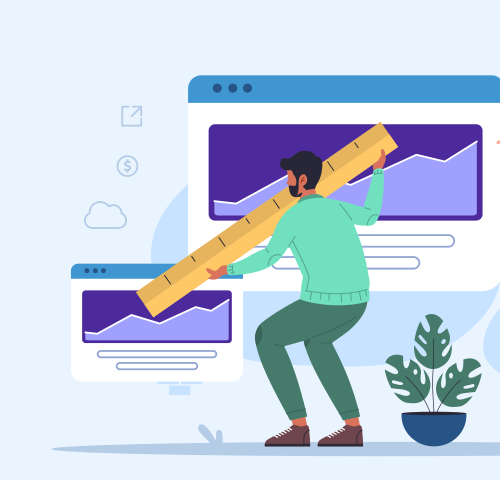
The vast majority of hosting companies have fairly strict terms and conditions, and most of those focus around content they don’t want to host, for example adult content, because of the type of traffic it attracts, and the legal issues that may arise alongside it. Essentially, it’s a web hosting company’s responsibility to ensure they only legitimately host things of a legal nature, i.e. preventing the hosting of pirated software, or worse, child abuse imagery. The point is, it’s the web hosting company’s duty to keep things legal.
There are many organisations now in existence, whose entire focus is to prevent cruelty, abuse, bullying and much more, online. The organisations are essentially focusing on making the Internet an ethical place… but it’s an uphill struggle.
The problem is, the Internet is virtually ‘unpoliceable’, firstly because it’s just so vast, but secondly because it’s so easy to hide (if you know what you’re doing).
So the question is, what more can be done, to make the Internet a safer place? Or perhaps it’s better to ask: Is it POSSIBLE to make the Internet a safer place?
As someone who’s seen the Internet scale from it’s infancy in the 90’s, I can pretty confidently say that as it stands – the answer is sadly no. Without major restructure, termination of links to outside of the country, and a complete “big brother” style monitoring system (oh, and encryption… we’d have to lose encryption…) there’s no way to make the Internet safe.
But what we can do, is look to make the Internet a safer place.
Right now, for a child unsupervised on the Internet, you may as well let them walk across a busy road unaided. Even for the ‘uneducated’ or the elderly, the Internet can be a devastating place which ruins livelihoods through even simple phishing attacks – although there are many which are significantly sophisticated. There are many people out there with absolutely no ethical values at all, who will exploit any chance they can to steal your money – and Covid-19 is a classic example… people have been claiming they are calling from the track and trace system, saying they need a test – and they have to pay for it. Most that reported it of course, knew it was a scam… but the question is, how many didn’t report it, because they’re none the wiser?
We’re a hosting company with strong ethical values, who know that the Internet as it stands (and should always stand) can’t be policed. Encryption exists for a reason, and people are entitled to privacy. So the question is, what can we do? We want to help, but there are a lot of issues to cover.
What we’re going to do, is break it down into segments, and over the next 25 years, focus on each one – little by little – to keep chipping away and making a difference. With the right education and the right attitude, more people can stay safe. To use the same analogy as I did a moment ago regarding the busy road – we’re looking to put that pelican crossing on the busy road (and encourage supervision), to help children (and more) stay safe.
Your first thoughts are (as mine were) – this must be part of the education system. And it is… Online Safety is taught as part of the national curriculum. However, the problem with this is (as I’m sure any teacher will testify) it’s a little like learning from a book. The broad information you get is great, but it can be difficult to get specifics and up-to-the-minute information across. Plus, as more children get more and more smart devices, more and more apps open them up to abuse in ways people have no idea about (do you know who your kids follow on Tik-Tok??)
This addresses biggest problem when it comes to child safety online: the parents. It’s all well and good teaching kids things in the classroom, but when they get home… they’re still extraordinarily easily swayed, and could be being influenced in ways you have no idea about.
Most parents are clueless about their child’s online safety… and it’s not because they don’t care about or love their child – it’s simply a lack of education… so to fix that, we’re going to be:
- Holding regular online workshops for parents
- Holding regular online workshops for people with elderly relatives, who may be prone to exploitation
- Delivering talks in schools, covering the most up to date facts and ideas for staying safe online
- Creating a resources area, to allow parents to watch videos together with their children
Our goal is to make the Internet a better place.
That means making the Internet a faster place… we want every single website to have its own dedicated environment, meaning it’s easier and less frustrating to get what we need online… but we’re going to make it a core part of our strategy to make the Internet a safer place.
If you’re an web design agency, or IT support company, and want to find out more about how we can help… take a look at our beta platform here, or contact us here.



